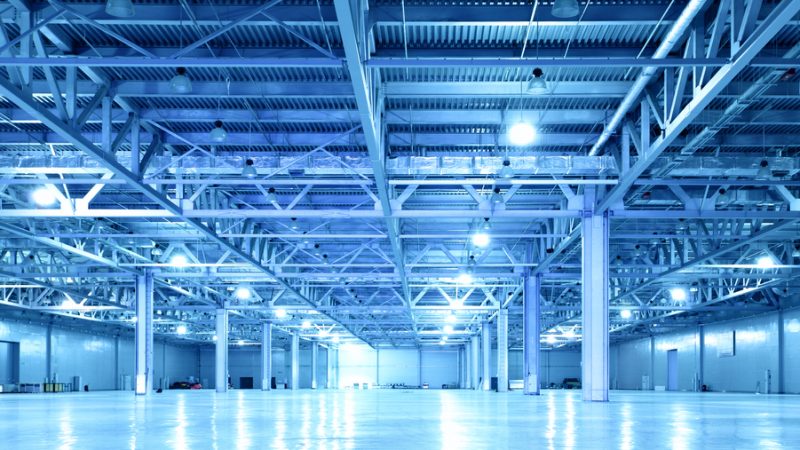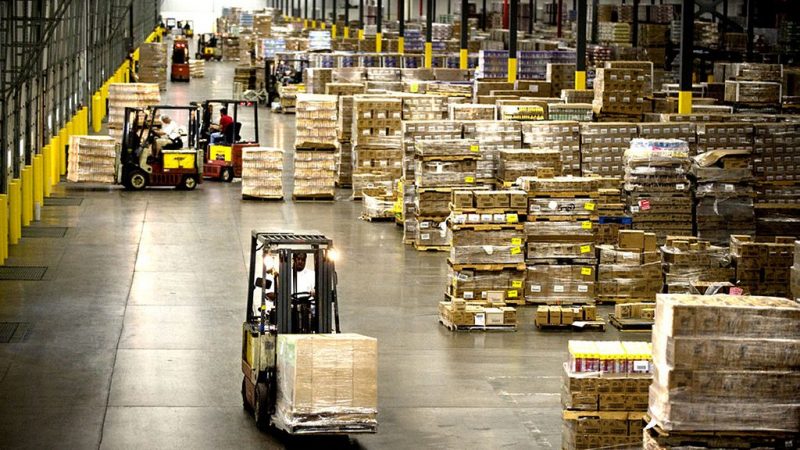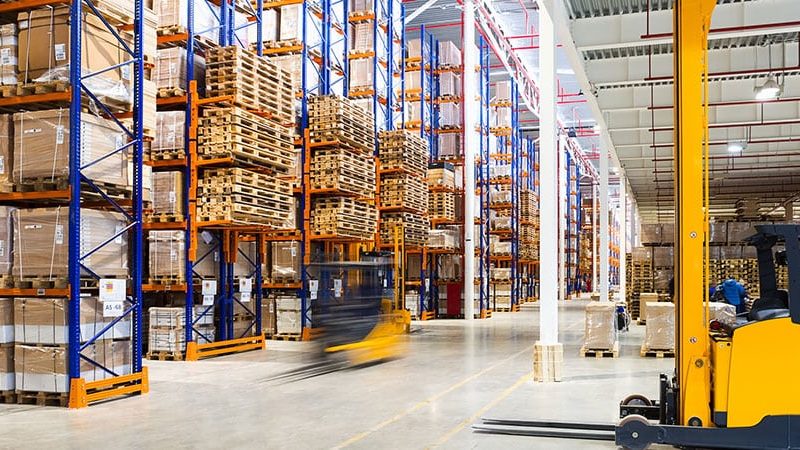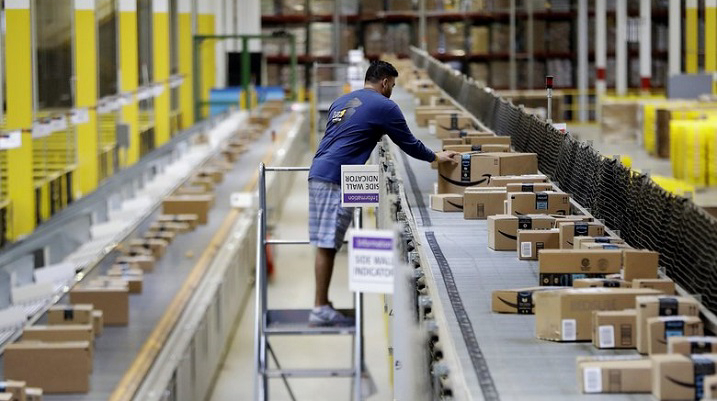The functions and benefits of warehousing
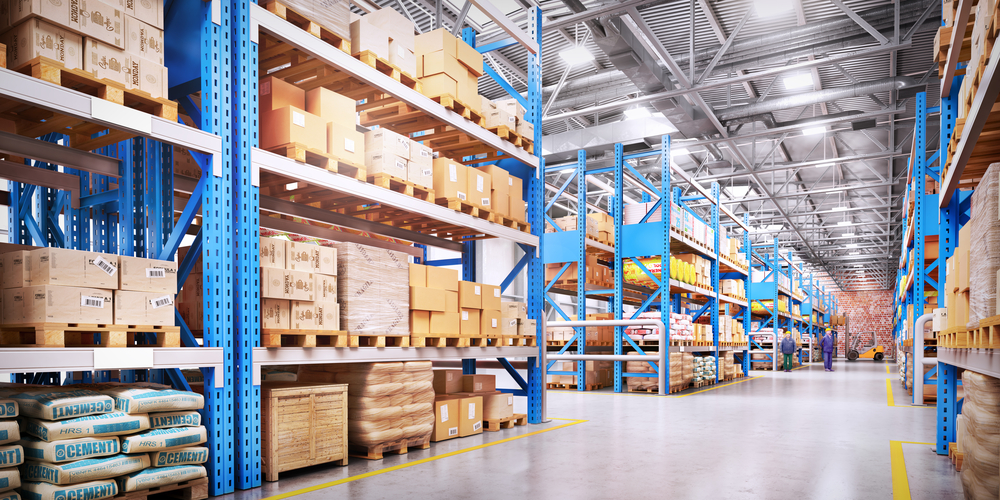
Why is it needed?
A place to store and accumulate goods is called a warehouse. Storage is the mani reason why a warehouse is needed. Surplus and excess goods which are not required on an immediate basis need a warehouse. Warehouses are useful to stabilise prices. They create a time utility so that prices can be managed when supply is high and low. The way warehouses are made ensure that there is not much risk to the products or goods by way of fire or theft or water etc.. There is a warehouse keeper who is enlisted with the task of taking care of the goods in the warehouse and to protect them from risks. One can also raise loans from the keeper for the goods and products stored in the warehouse. They are a security for the keeper of the warehouse. This financing option sometimes acts as another source of money especially for regular operations. Facilities like packing and processing are provided by warehouses. They also help in grading of goods.
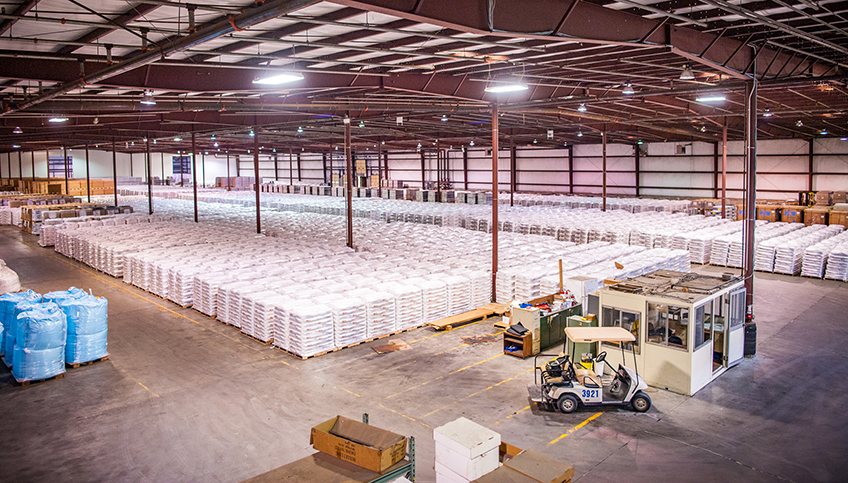
How does it help?
Warehouses aid in storing raw material so that there is no stop to production. Manufacturers with the help of warehouses can manage production by anticipating future demand. Warehouses aso take care of the time lag between consumption and production. Goods are made available, whenever there is a demand for them. Fluctuations in prices are avoided by availing services of a warehouse. Risk is minimised by keeping the goods safe. There is cold storage available for goods which can perish fast. They can be protected from fire and theft too. There is also insurance available for the goods stored.
What are the types of warehouses?
There are three kinds of warehouses – Public Warehouses, Private Warehouses and Bonded Warehouses. Manufacturers can choose from either of these based on their requirements.


